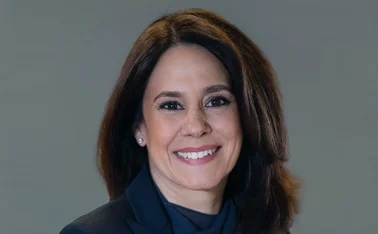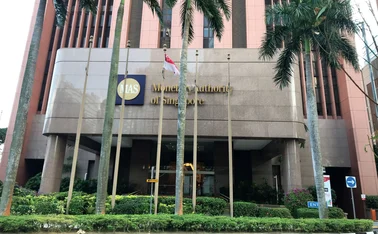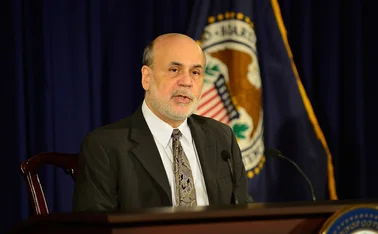
Fed's McTeer-US rebound like 'jobless recovery'
"I hope it doesn't last, but so far, our rebound bears some resemblance to the so-called 'jobless recovery' that we had following the 1990-91 recession," McTeer said in a speech to the Montreal Economic Institute.
"Our unemployment rate continued to drift up for more than a year after the recession was officially declared over. It peaked back then at 7.8 percent," McTeer added.
The U.S. unemployment rate hit a 7-1/2 year high of 6.0 percent in April.
The Dallas Fed chief, currently a voting member of the central bank's policymaking committee, noted that as in the recovery from the 1990-91 recession, the current rebound is being powered, at least in its initial stages, by growth in productivity -- output for each hour worked -- rather than employment.
"I don't anticipate that it's going to be a jobless recovery, but at this point the recovery is based more on productivity gains than rehiring of unemployed people," McTeer told reporters after his speech.
"I have a feeling that the economy is strong enough that job creation is going to resume pretty soon."
In his speech, McTeer said he would prefer that growth be powered by the rehiring of unemployed workers until full employment could be restored, and then have productivity growth kick in.
"But for the longer term, the recent growth in productivity in the United States augurs well."
McTeer cautioned, however, that a pickup in business investment, not just consumer spending, was needed to undergird the U.S. recovery. A plunge in business capital spending led the economy into recession last spring.
"We need to have investment rebound. The consumer can't continue to carry the whole burden of the U.S. recovery, and for investment to rebound we need for profit prospects to improve," he added.
Business investment spending plummeted 8.2 percent in the first quarter. Still, the drop was not nearly as sharp as the 13.8 percent plunge in the final three months of last year, which, along with a recent pickup in orders for durable goods, offers hope that the steep investment pullback is abating.
McTeer reiterated earlier comments outlining his expectation that U.S. economic growth will be ahead of the 1.7 percent posted in the fourth quarter of 2001 and more modest than the surprisingly strong 5.8 percent showing of the latest first quarter.
The Dallas Fed chief was reticent to comment on the declining U.S. dollar and its potential impact on the economy.
On interest rates, McTeer said he did not know which way the Federal Open Market Committee, which sets key short-term U.S. rates, might be leaning on policy.
"I don't even know what my position on it will be at the next meeting, but we will all evaluate the circumstances right up to the meeting," he said.
Mixed readings from recent economic indicators have fueled a debate among analysts and economists about when the central bank will begin raising short-term rates from 40-year lows after 11 rate cuts in 2001.
Only users who have a paid subscription or are part of a corporate subscription are able to print or copy content.
To access these options, along with all other subscription benefits, please contact info@centralbanking.com or view our subscription options here: http://subscriptions.centralbanking.com/subscribe
You are currently unable to print this content. Please contact info@centralbanking.com to find out more.
You are currently unable to copy this content. Please contact info@centralbanking.com to find out more.
Copyright Infopro Digital Limited. All rights reserved.
You may share this content using our article tools. Printing this content is for the sole use of the Authorised User (named subscriber), as outlined in our terms and conditions - https://www.infopro-insight.com/terms-conditions/insight-subscriptions/
If you would like to purchase additional rights please email info@centralbanking.com
Copyright Infopro Digital Limited. All rights reserved.
You may share this content using our article tools. Copying this content is for the sole use of the Authorised User (named subscriber), as outlined in our terms and conditions - https://www.infopro-insight.com/terms-conditions/insight-subscriptions/
If you would like to purchase additional rights please email info@centralbanking.com
Most read
- Bernanke calls for total redesign of BoE forecasting
- Taking stock of Bernanke: the original sin of forecasting
- Bank of England: time for fourth-generation forecasting tools?







